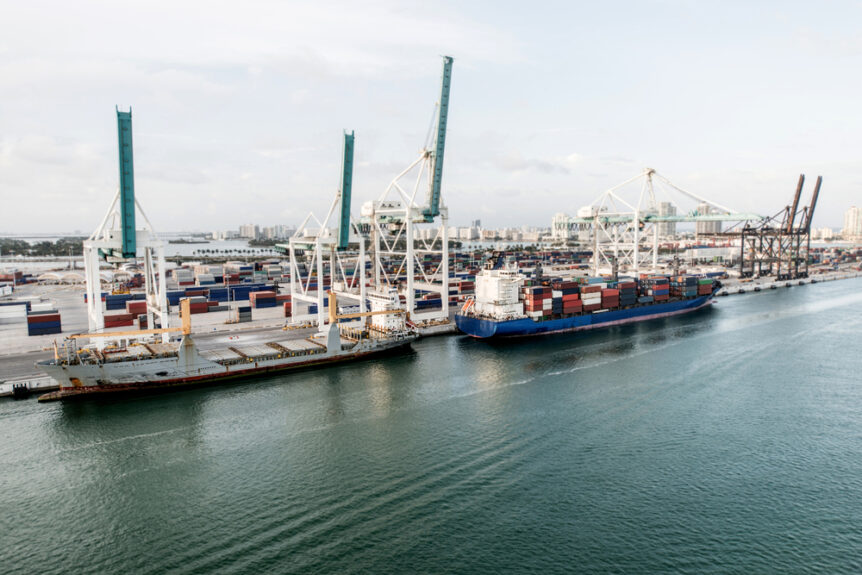The New Year for most of us feels like a fresh start. For those in the international logistics world, we all desperately wanted to awaken on January 1st to no port congestion, plenty of ocean capacity, available space and equipment, and reasonable shipping rates. Of course, that didn’t happen. The outdated and scalable infrastructure of our global transportation systems have shown their ugly sides, and it will take time and significant investment to fix.
It can be a little nerve-racking going into contract season this year. What should shippers expect as they prepare for rate negotiations? With the 2022 ocean contract season drawing near, our supply chain experts weigh in on what you need to know before signing your ocean contract(s).
How can a shipper work with the current market issues to make sure they can place orders and get their goods on time to satisfy their customers?
Ocean carriers have figured out how to control their vessel capacity on a global scale, and for the last year and a half, ocean freight rates have skyrocketed. Despite a predictable lull between the Lunar New Year holiday from late January until early March 2022, orders are predicted to return to similar levels or could be higher than 2021. Port congestion, especially at North American West Coast ports, will continue for many months. Many logistics experts believe the situation will not resolve itself until Q3 or Q4 2022.
Yet, your customers are coming to you with orders to place and they are requesting their usual discounts. International transportation used to be routine, and now it has proven to be a vital part of the link between you and your customers. As you place POs with your group of suppliers, here are a few things to keep in mind:
- Container vessel schedules are still in disarray.
- COVID is returning to Asia, and this may extend production times and shipping delays.
- Blank sailings and missed port calls by ocean carriers are now a regular occurrence and will not go away any time soon.
When you begin the 2022 contract conversations with your trusted international transportation provider(s), the RFQ you used in previous years will likely need revisions to reflect current conditions and your changing needs. You may notice ocean carriers continuing to slash their own direct contracts. Some shippers are being eliminated entirely from 2022 contracts and others are having their fixed allocations reduced. Ocean carriers are also focusing on terminating shipments at coastal ports and minimizing the inland services and are less willing to provide extended free time at destination; either on the ocean terminal, rail ramp, or on the equipment itself.
Here are some ways your trusted international transportation partner can assist and support you:
- Provide flexibility with ocean freight options from origin points: From suggesting alternative ports, especially when dealing with COVID outbreaks and port congestion, to working with all possible carriers and dealing with blank sailings.
- Find solutions to carrier-reduced services for inland rail destinations (IPI): i.e., transloading services and intermodal service alternatives.
- Provide superior communication: Knows where your cargo is, manages the free time at terminal and on equipment, provides market updates, and supplies notifications on statuses of your cargo and locations.
For this 2022 ocean contract season, it is vital that you are partnering with the right logistics company and one you trust.


